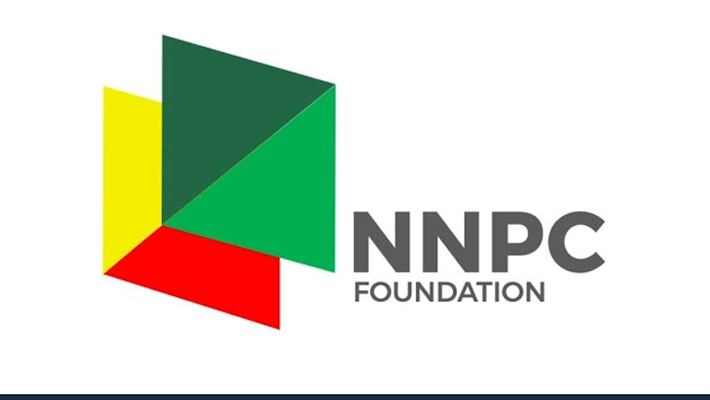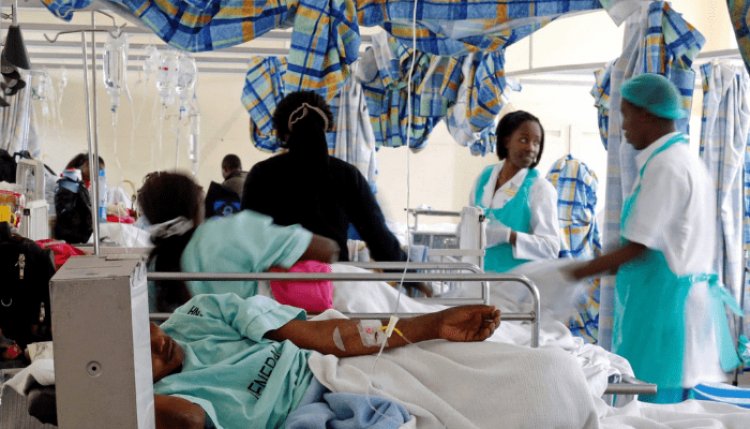Staff of the ministry of agriculture and food security would not succumb to criticism by outsiders over the decision to fast for three days. They said the decision was informed by the experience of the staff in recent time. In a bold move to address the three-day fasting directive that faced widespread criticism, the Federal Ministry of Agriculture and Food Security (FMAFS) clarified that the initiative aimed to address the recurring deaths among its staff.
The clarification followed the circulation of an internal memo which directed ministry staff to fast and pray on June 16, 23, and 30, 2025.
The exercise was framed as a spiritual response to the country’s deepening food affordability and supply challenges, with a call for a “solemn prayer session for God’s guidance.”
However, public backlash swiftly followed the leak of the circular, prompting the ministry to suspend the directive indefinitely.
Responding to the controversy, the Acting Director of Information at the ministry, Ikemefuna Ezeaja, explained that the initiative was not a policy directive from the ministry itself but a voluntary program by the Human Resource Management Department to support staff wellbeing.
“The Ministry’s attention is drawn to the internal circular of the Human Resource Management Department being circulated by online media, in this regard the ministry wishes to inform that the prayer session is an initiative of the Human Resource Department to address the well-being of the staff just as the already existing monthly aerobic exercise and establishment of the gymnasium in the ministry are for physical fitness as the regular medical check-up of staff are for their health.”
The statement went further, “The prayer was to address the apprehensiveness of staff over the recent untimely and successive death of management staff of the Ministry.
“The staff also deem it not out of place to pray for the country, hence The Theme of the Prayer Sessions ‘Divine Intervention for Protection and National Development’.”
So, whose idea is the exercise? Ezeaja said it was not an official directive by the headship of the ministry. He explained, “It must be emphasised that this is NOT an official policy by the Ministry to address agriculture and food security issues in the country.
“But in response to the yearnings of staff who are apprehensive following the death of some of their colleagues in recent times.”
Ezeaja stressed that the staff-led prayer session was never intended to replace official agricultural strategies or policies. He emphasised that the Minister and the ministry’s leadership continue to pursue a comprehensive agenda aimed at improving food and nutrition security across the country.
Among the initiatives he listed were the delivery of over 1,000 tractors to farmers, marking the launch of the agricultural mechanisation , commercialisation phase under the Bola Tinubu administration.
The ministry also activated its Strategic Grain Reserve and Market Stabilization Programme, distributing 42,000 metric tonnes of grains and an additional 58,200 metric tonnes of milled rice to ease hunger and control food prices.
Ezeaja further noted that the Central Bank of Nigeria donated 2,150,000 bags of fertilisers to the ministry as part of efforts to curb food inflation.
“The president has approved the recapitalisation of the Bank of Agriculture (BOA) to the tune of N1.5tn, a historic financial intervention to scale up access to affordable finance for Nigerian Farmers,” he said.
The ministry also launched the National Electronic Extension Platform (NEEP), a digital tool to modernise agricultural extension services, and initiated the revitalisation of cooperative societies through training programs in Federal Cooperative Colleges across the North and South.
As part of infrastructure development, the ministry partnered with the World Bank to commit $600 million for the rehabilitation of 200,000 kilometres of rural roads under the Rural Access and Agricultural Marketing Project (RAAMP).
To further support food production during the 2025 planting season, the ministry distributed free agricultural inputs — fertilisers, agrochemicals, seeds, and other essentials — to farmers across the country.
Through the National Agricultural Growth Scheme Agro-Pocket (NAGS-AP), subsidized inputs were also provided to registered farmers.
In addition, the ministry collaborated with the National Identity Management Commission (NIMC) to improve data management for farmers, enabling better identity verification, transparency, and access to government support services. Reiterating its position, the ministry stressed that the prayer session was a response to staff concerns over recent losses within the organisation and not a substitute for ongoing national agricultural efforts.
The statement concluded, “The Ministry wishes to emphasise that the prayer session is an internal initiative of staff to address the concern over sudden deaths in the Ministry and not intended to replace or downplay the remarkable effort and achievement of the Ministry and other stakeholders in achieving food security in the Nation.”












